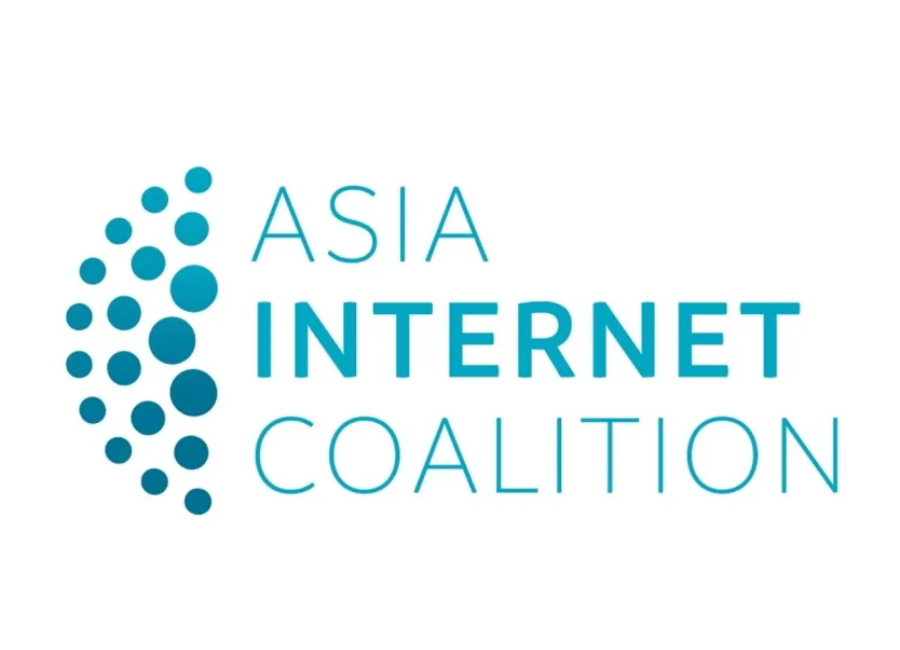The Asia Internet Coalition (AIC) has raised concerns about Nepal’s recent regulatory developments, specifically the Social Media Directive and potential bans on social media applications. In a letter addressed to Minister for Communication and Information Technology Rekha Sharma, the AIC emphasized the importance of collaboration to establish practical and clear rules that protect the benefits of the internet while ensuring user safety.
The AIC, a prominent industry association representing internet and technology companies in the Asia Pacific region, expressed reservations about recent regulatory decisions by the Nepali government. The government’s enforcement of social media directives and the ban on the popular platform TikTok drew criticism from the internet community in Nepal.
While acknowledging the need to regulate social media platforms for responsible use, the AIC raised significant concerns about the government’s decisions, citing their deviation from global best practices and their implementation without public or industry consultations. The association urged the government to consider a more comprehensive and collaborative approach to regulatory decisions, fostering innovation and supporting the country’s digital aspirations.

The letter highlighted the AIC’s understanding that the government might consider banning several other social media applications following the TikTok ban. It expressed concern over the lack of established legal provisions for such bans, emphasizing that abrupt decisions without due process could negatively impact investor sentiment and hinder the government’s Digital Nepal goals.
The AIC stressed the importance of transparent and fair procedures for issuing blocking orders, advocating for a consultative process involving industry stakeholders and civil society organizations. The alliance requested a meeting with the government to address the concerns raised in the letter and to engage in a collaborative dialogue.
The directive’s current form and regulatory approach, according to the AIC, could make it challenging for its members to provide platforms and services to Nepali users and businesses. To attract technology investment and achieve digital transformation goals, the AIC urged the government to work with the industry to develop practical and clear rules.
The association recommended a consultative process involving industry stakeholders and civil society organizations to enhance the directive’s effectiveness and align it with global practices. The AIC committed to working constructively with the Ministry of Communication and Information Technology to contribute to the development of a regulatory framework that meets the needs of both industry players and the broader community.
The AIC highlighted its concerns about the immediate enforcement of the directive without consultation or a transition period, posing operational challenges for businesses. The mandatory registration of social media platforms with the ministry raised concerns about discouraging foreign direct investment and stifling innovation in the digital space.
Additionally, the coalition criticized the stringent requirement for content takedown within 24 hours, noting that it lacked due process and hindered social media platforms’ ability to conduct proper reviews in line with principles of free expression. The AIC sought a meeting with Minister Sharma for a face-to-face or virtual dialogue to facilitate a more comprehensive exchange of ideas and insights, contributing to the development of an effective regulatory framework.
In conclusion, the AIC’s letter underscores the importance of collaboration and a consultative approach in shaping internet policies, urging the Nepali government to reconsider its recent regulatory decisions and work collaboratively with industry stakeholders for the benefit of all parties involved.








